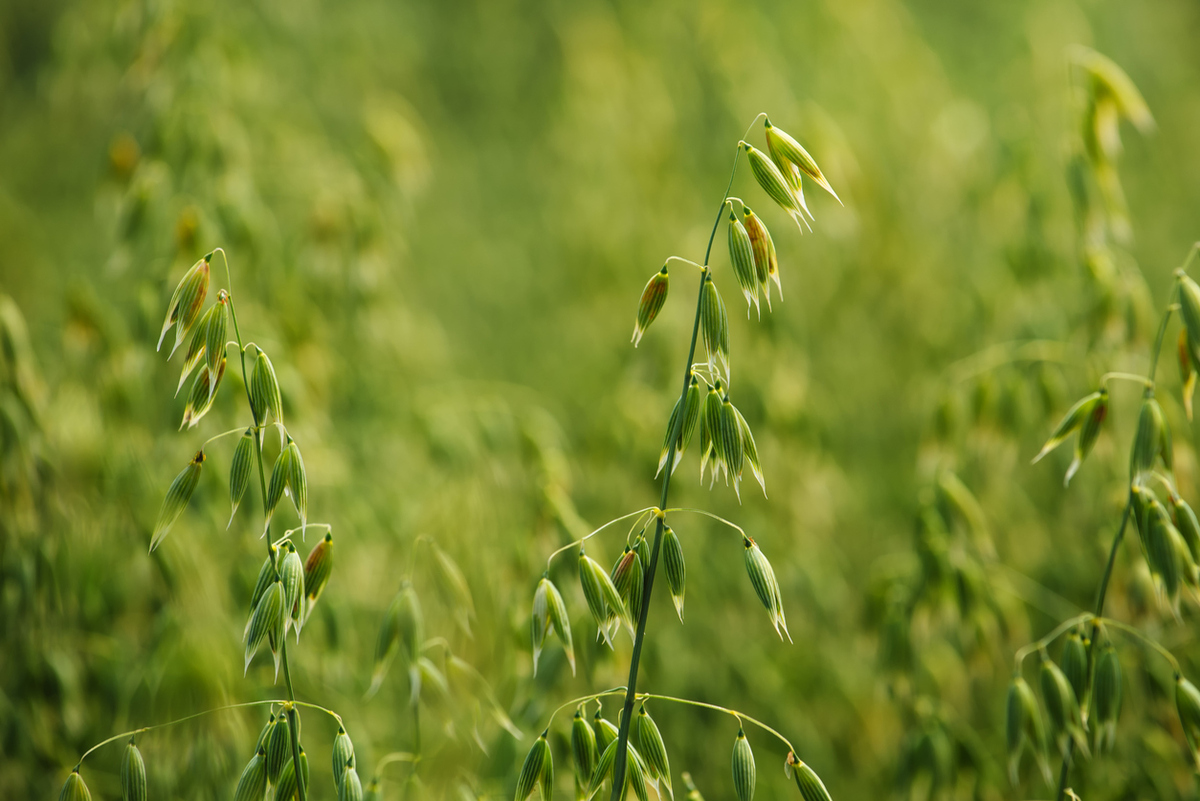
Researchers Successfully Edit Oat Genes for the First Time
May 28, 2025| |
For the first time, researchers from McGill University in Canada have successfully used CRISPR-Cas9 gene-editing technology to improve plant growth and fiber content of oat (Avena sativa L.). This breakthrough addresses long-standing barriers in oat genetic improvement and opens up new opportunities for enhancing the traits of oats.
In this study, the researchers used CRISPR-Cas9 to target three genes, namely AsTLP8, AsVRN3, and AsVRN3D. The gene-editing efficiency was validated through next-generation sequencing (NGS), Sanger sequencing, and CAPS assays. The gene-edited lines were grown and observed to see how the technique affected their growth and characteristics. The researchers also looked into whether the edits were passed on to the next generation of plants.
The CRISPR system achieved up to 50% efficiency in editing the targeted genes. The researchers found that the gene-editing was highly effective, creating small changes in the DNA that led to noticeable effects. Some of the edited plants showed new traits, such as bent leaves or longer vegetative growth. Their findings could help scientists and future researchers better understand how these genes affect oat development. This study marks the first time oats have been edited using CRISPR.
For more information, read the article from Plant Biotechnology Journal.
| |
You might also like:
- Gene Editing to Produce Oats with Improved Nutritional Value and Shelf Life
- Oats Genome Explains Why the Popular Cereal Could be Suitable for People with Celiac Disease and Gluten Intolerance
- Research Team Discovers Gene Combination that Gives Oats Resistance to Root Disease
Biotech Updates is a weekly newsletter of ISAAA, a not-for-profit organization. It is distributed for free to over 22,000 subscribers worldwide to inform them about the key developments in biosciences, especially in biotechnology. Your support will help us in our mission to feed the world with knowledge. You can help by donating as little as $10.
-
See more articles:
-
Gene Editing Supplement (May 28, 2025)
-
Research and Tools
- Researchers Successfully Edit Oat Genes for the First Time
- Gene Editing of Papaya Using Cas9 and Cas12a
- CRISPR Confirms Rice Genes Responsible for Iron Uptake
-
Public Acceptance and Engagement
- Report on Public Opinion Toward Gene-Edited Crops and Animals Released by Swedish Gene Technology Board
-
Read the latest: - Biotech Updates (January 21, 2026)
- Gene Editing Supplement (January 28, 2026)
- Gene Drive Supplement (February 22, 2023)
-
Subscribe to BU: - Share
- Tweet

